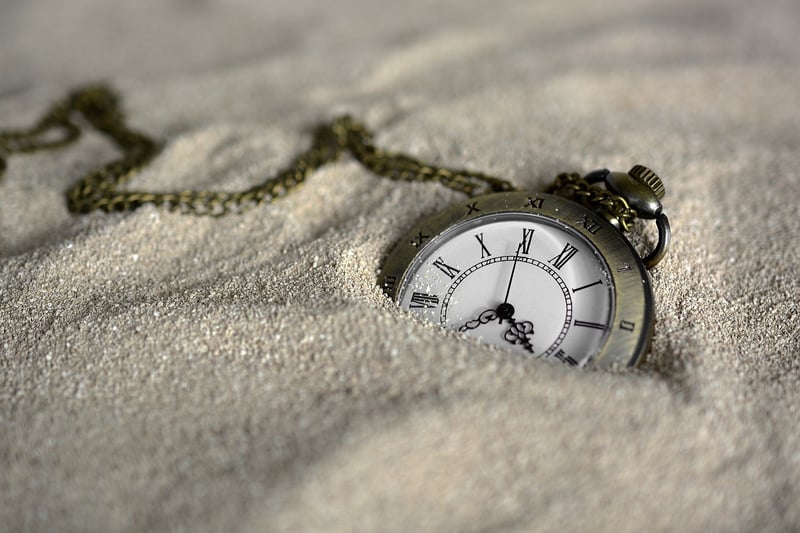Ethical Dilemmas
The Moral Implications of Time Travel and Ethical Dilemmas
Time travel has long been a fascinating concept in science fiction, allowing for exploration of the past, present, and future. However, the idea of time travel also raises significant moral implications and ethical dilemmas that must be considered.
Moral Implications
One of the key moral implications of time travel is the potential for altering the course of history. By changing events in the past, time travelers could inadvertently create paradoxes or disrupt the natural order of things. This raises questions about the responsibility of individuals who have the ability to manipulate time.
Another moral consideration is the impact on personal relationships. Time travel could allow individuals to revisit moments from their past or interact with loved ones who have passed away. While this may provide closure or healing, it also blurs the boundaries of life and death.
Ethical Dilemmas
Time travel also presents various ethical dilemmas that must be navigated. One such dilemma is the question of intervention. Should time travelers actively try to change historical events for the greater good, even if it means altering the course of natural progression?
Additionally, the concept of parallel universes and alternate timelines adds complexity to ethical decision-making. If a time traveler alters events in one timeline, what are the repercussions for other timelines that may be affected?
Conclusion
As we continue to explore the possibility of time travel, it is essential to consider the moral implications and ethical dilemmas that come with such power. By reflecting on these questions, we can better understand the impact of our actions and the responsibility that comes with the ability to manipulate time.

